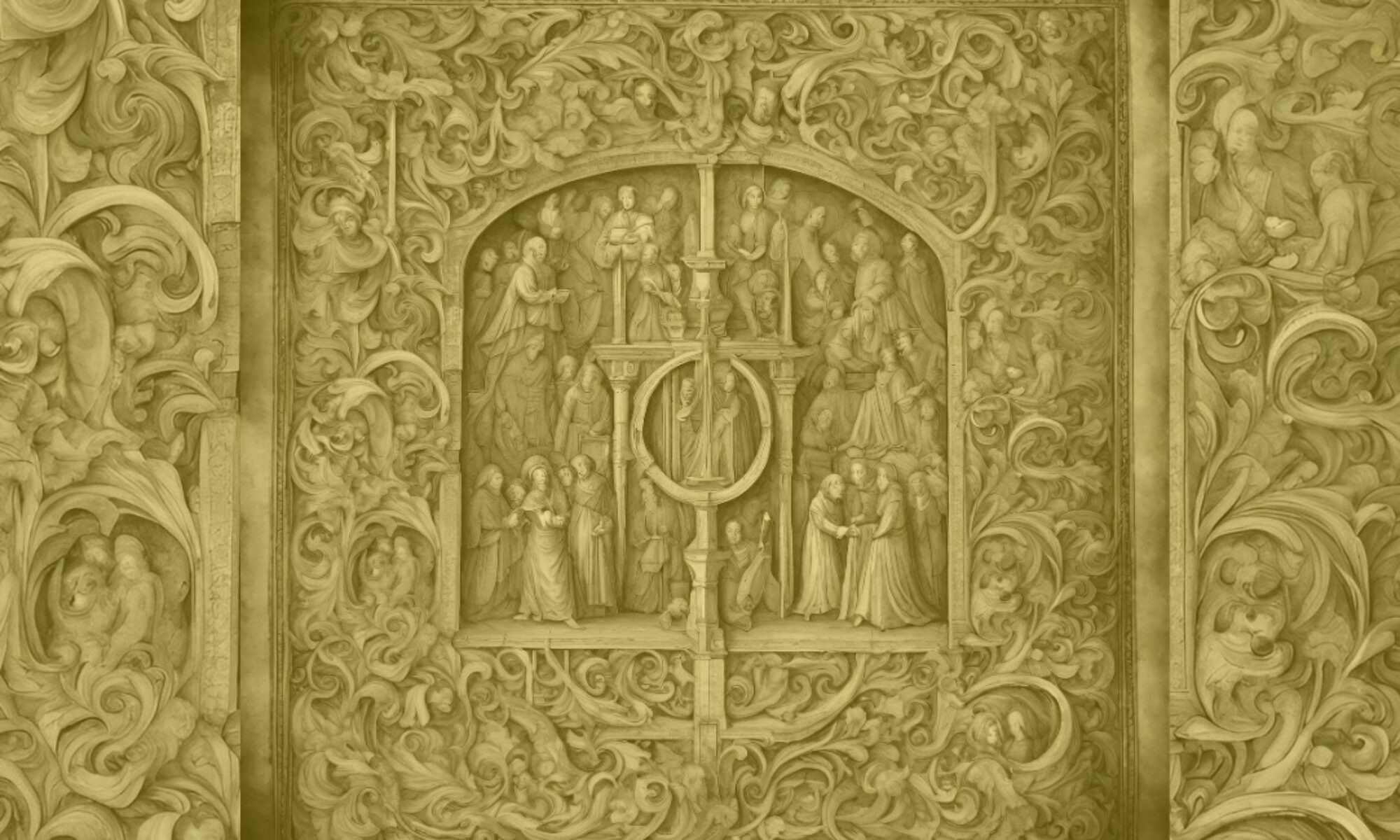Dr. Mandeville’s presentation is called “A Tale of Two Stories: From Eden to Managuara”

The story of the progenitors of the Lenca people and how they were created starkly contrasts with the attitudes of Western thought regarding Nature. The history of these attitudes, covered by surveying the views of Nature from classical antiquity to the Middle Ages, Renaissance, and then into the modern era, form a backdrop to the Lenca myth of the Mother Goddess, Ish-Managual who creates the Lenca people in the land of Managuara. The Lenca myth, passed down orally to Leonel A. Chevez by his grandmother, is described in his book Ti Manauelike: The Lenca Taulepa Chief. This story focuses on the Mother Goddess, whose mission is to come down from the heavens to Managuara, create the first humans, and then return once she has accomplished her task. She forms the shape of a human with dough made from corn grown in the milpas, seeds, bark, and leaves. She then calls upon six forest creatures: armadillo, rabbit, jaguar, turtle, monkey, and finally, eagle. Each creature sacrifices a particular characteristic of itself in making the first human. However, after seeing that her first creation is too weak to survive the harsh environment, she creates another being who is stronger and more adaptable to the jungles of Managuara. After she has finished, she must return to the heavens, but rather than leave her beloved creation, she sends the weaker of the two in her place. She then sacrifices her very being by infusing her spirit into all of Nature. This story is a love story between the creatrix and her creation. This myth speaks of love, sacrifice, and compassion. It also illustrates the intricate relationship between the divine, Nature, and humanity.
About Dr. Mandeville
Fujio Mandeville is a linguist, mythologist, and technologist. He holds a bachelor’s in linguistics with a minor in computer science from the University of California, Berkeley. His focus there was on natural language acquisition and comparative linguistics. He also holds a doctorate from Pacifica Graduate Institute in mythological studies with emphasis in depth psychology. The title of his dissertation is Complexity Theory and Creativity: Seeing Through to the Mythic Leonardo da Vinci, in which he used a transdisciplinary framework to demonstrate that Leonardo da Vinci was a mythic figure and a complexity thinker. Fujio is also a software application manager and solutions architect for a major telecommunications company. His main interests are the intersection between myth, complexity thinking, technology, and its effect on culture, the usurpation of mythology for political ends, and transhumanism. His current work centers on the indigenous creation myth of the Lenca and its implications on Western thinking. His writings inform various disciplines, including art history, depth psychology, mythology, complexity theory, mathematics, and historical hermeneutics. He has lived in Germany and Japan. He lives in Washington State with his wife, Monica.
